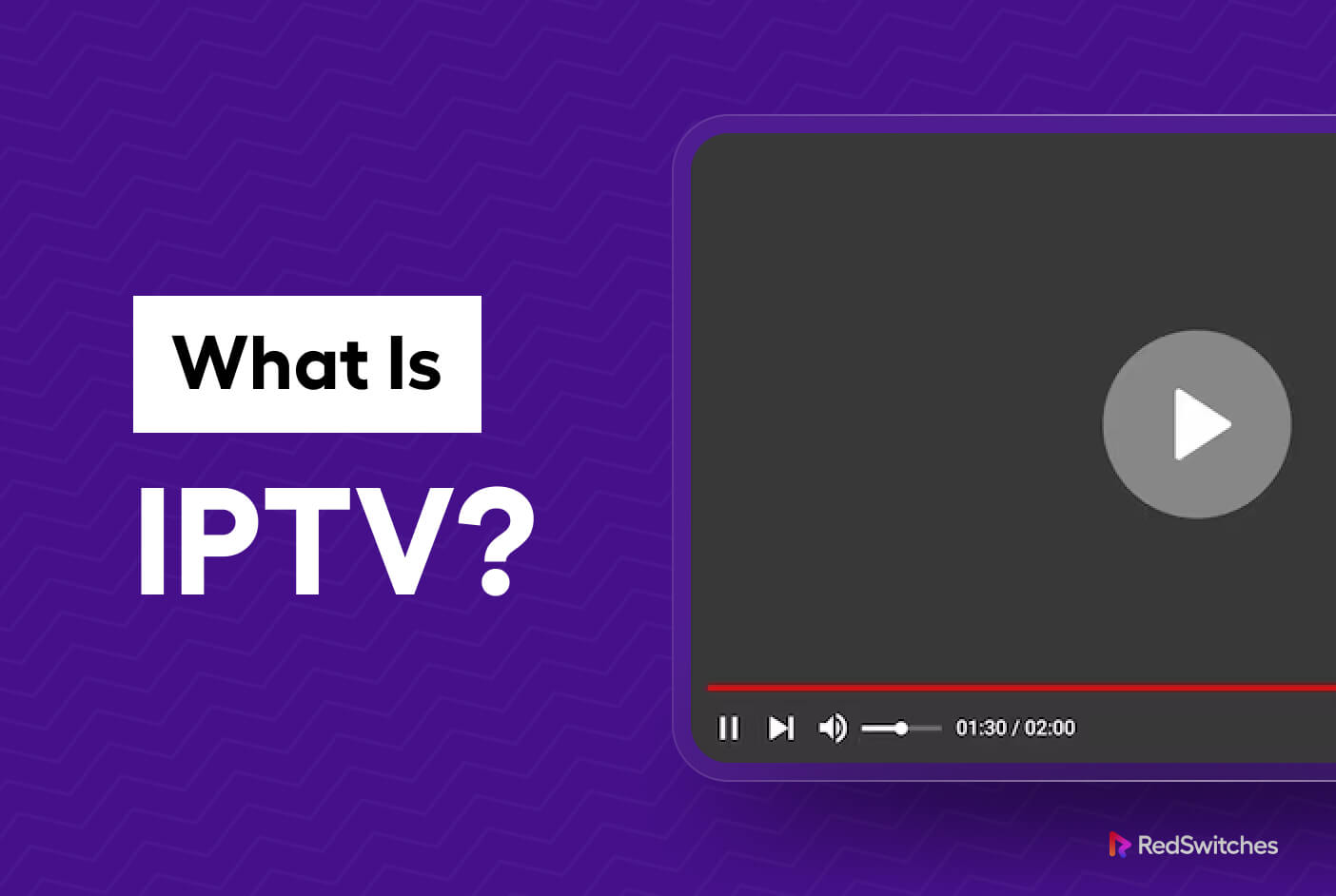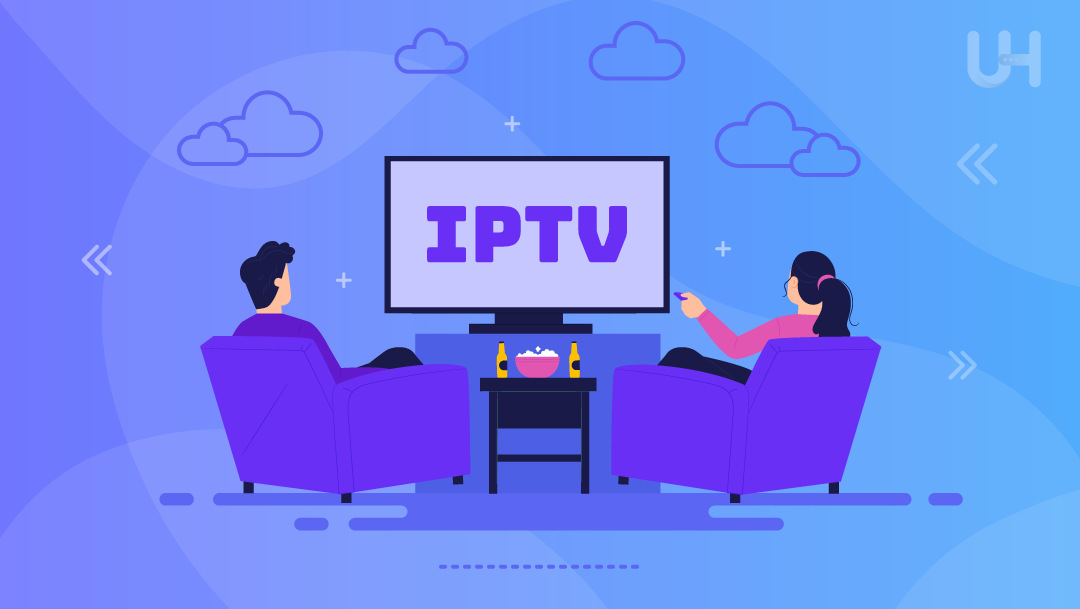Just How IPTV Works: Your Total Guide to Streaming Television Online
IPTV, or Internet Procedure Television, stands for a substantial change in just how we eat television material, moving away from traditional broadcasting techniques to a more versatile, internet-based approach. By using a client-server version, IPTV makes it possible for customers to access a large variety of programs with electronic packets transmitted over broadband connections.
What Is IPTV?
In the realm of digital media, IPTV, or Internet Procedure Television, represents a transformative strategy to delivering tv web content. Unlike standard broadcasting methods, which rely on satellite, terrestrial, or cable television systems, IPTV makes use of net procedure to stream material straight to devices such as mobile phones, tvs, and tablet computers. This technology enables customers to access a variety of programs through high-speed web links, supplying flexibility and ease.
IPTV can be categorized into 3 main service models: real-time tv, video on need (VOD), and time-shifted television. Live television enables customers to see broadcasts in real-time, while VOD gives accessibility to a library of content that can be viewed at the audience's comfort. Iptv. Time-shifted tv enables visitors to enjoy shows at their preferred time, even if they initially broadcast real-time
Furthermore, IPTV typically incorporates interactive features, such as digital program overviews and video recording capabilities, improving the checking out experience. As customers significantly demand personalized content and on-demand solutions, IPTV attracts attention as an engaging remedy, reshaping the television landscape and offering unprecedented choices for viewers worldwide.
Exactly How IPTV Functions
The smooth integration of technology and individual experience specifies how IPTV runs. Internet Method Tv (IPTV) supplies tv programs and other multimedia content by means of internet protocols, rather than traditional terrestrial, satellite, or cable television layouts. This process includes inscribing video clip web content into electronic packets that are sent over a broadband net link.
IPTV commonly uses a client-server model where web content is saved on a server and sent to the individual's device-- such as a smart TV, computer system, or mobile phone-- upon request. The content distribution is promoted via a set-top box or an application that deciphers the incoming information and presents it on the display. Especially, IPTV operates on an on-demand or live basis, permitting users to access a wide variety of networks and programs.
An important element of IPTV is its reliance on a robust broadband connection, which makes certain smooth streaming and premium video clip playback. Additionally, IPTV systems frequently include advanced functions such as digital program overviews (EPGs), time-shifting, and video-on-demand (VOD), improving the checking out experience. In general, IPTV represents a considerable development in exactly how audiences take in tv web content, leveraging the power of the web for improved ease of access and adaptability.
Advantages of IPTV
While traditional tv approaches usually restrict visitor options and access, IPTV offers numerous benefits that boost the total viewing experience. One of the main advantages is the comprehensive variety of material readily available. Viewers can access a vast library of networks, on-demand shows, and movies, tailored to specific preferences.
In addition, IPTV supports several devices, enabling individuals to stream content on smart devices, tablet computers, wise TVs, and computer systems. This flexibility makes sure that viewers can watch their preferred programs anytime and anywhere, as long as they have an internet link. Moreover, IPTV typically includes interactive components, such as pause, record, and rewind capabilities, giving customers with greater control over their watching practices.
Cost-effectiveness is an additional notable benefit. Many IPTV services provide competitive prices compared to standard cord subscriptions, often without lasting contracts or surprise charges. This price makes it less complicated for consumers to discover different networks and content without substantial financial commitments.
Finally, IPTV commonly boasts remarkable picture quality, including high-def and 4K choices, enhancing the overall watching experience. Jointly, these advantages make IPTV a compelling selection for contemporary audiences seeking flexibility, range, and high quality in their enjoyment alternatives.
Sorts Of IPTV Provider
IPTV solutions can be classified right into a number of unique kinds, each providing to different viewer requirements and preferences. The main categories consist of live tv, on-demand material, and time-shifted IPTV.
Live tv IPTV supplies real-time streaming of broadcast channels, permitting customers to watch programs as they air. This solution closely appears like traditional cable, providing accessibility to a variety of networks, including information, sports, and enjoyment.
On-demand IPTV, on the various other hand, enables individuals to enjoy and select content at their benefit. This consists of flicks, series, and documentaries that can be streamed whenever the viewer selects, using versatility and customization.
Time-shifted IPTV incorporates aspects of both real-time and on-demand solutions. It permits audiences to stop briefly, rewind, you could look here or document live programs, providing the capability to manage their seeing experience. This solution is particularly useful for those with active timetables, as it suits visitors who might miss real-time programs.

Establishing IPTV
Setting up IPTV involves several key actions to guarantee a smooth watching experience. First, you need a stable net connection, preferably a broadband service with a minimum rate of 10 Mbps for basic meaning and a minimum of 25 Mbps for hd streaming. This ensures minimal buffering and a smooth playback.
Next, choose an IPTV company. Research various alternatives, contrasting their channel offerings, rates, and individual testimonials. When you've picked a supplier, you normally receive login qualifications and a link to access the IPTV solution.
To begin streaming, you'll need a compatible gadget - Iptv. Numerous IPTV solutions can be accessed with Smart TVs, streaming boxes like Roku or Amazon Fire television, computers, or mobile phones. Download and install the corresponding application or software application for your picked system
After installation, visit using your credentials and set up any necessary settings, such as adult controls or network choices. Finally, connect your gadget to your tv via HDMI, and you're ready to delight in a vast selection of networks and on-demand web content. Routinely look for software application updates to improve efficiency and safety and security, making certain an optimal IPTV experience.
Verdict

IPTV, or Net Procedure Television, stands for a significant shift in how we consume tv material, relocating away from traditional broadcasting approaches to a much more flexible, internet-based method.In the realm of electronic media, IPTV, or Net Protocol Television, represents a transformative technique to delivering television web content.IPTV can be categorized into three main solution versions: live tv, video on need (VOD), and time-shifted tv. Internet Protocol Tv (IPTV) delivers tv programs and various other multimedia content via web protocols, rather than conventional terrestrial, satellite, or wire layouts. On the whole, IPTV stands for a substantial advancement in how viewers take in television web content, leveraging the power of the net for boosted access and flexibility.